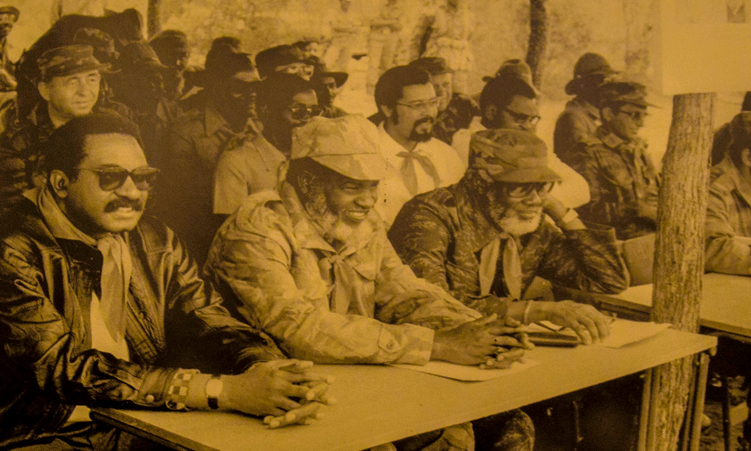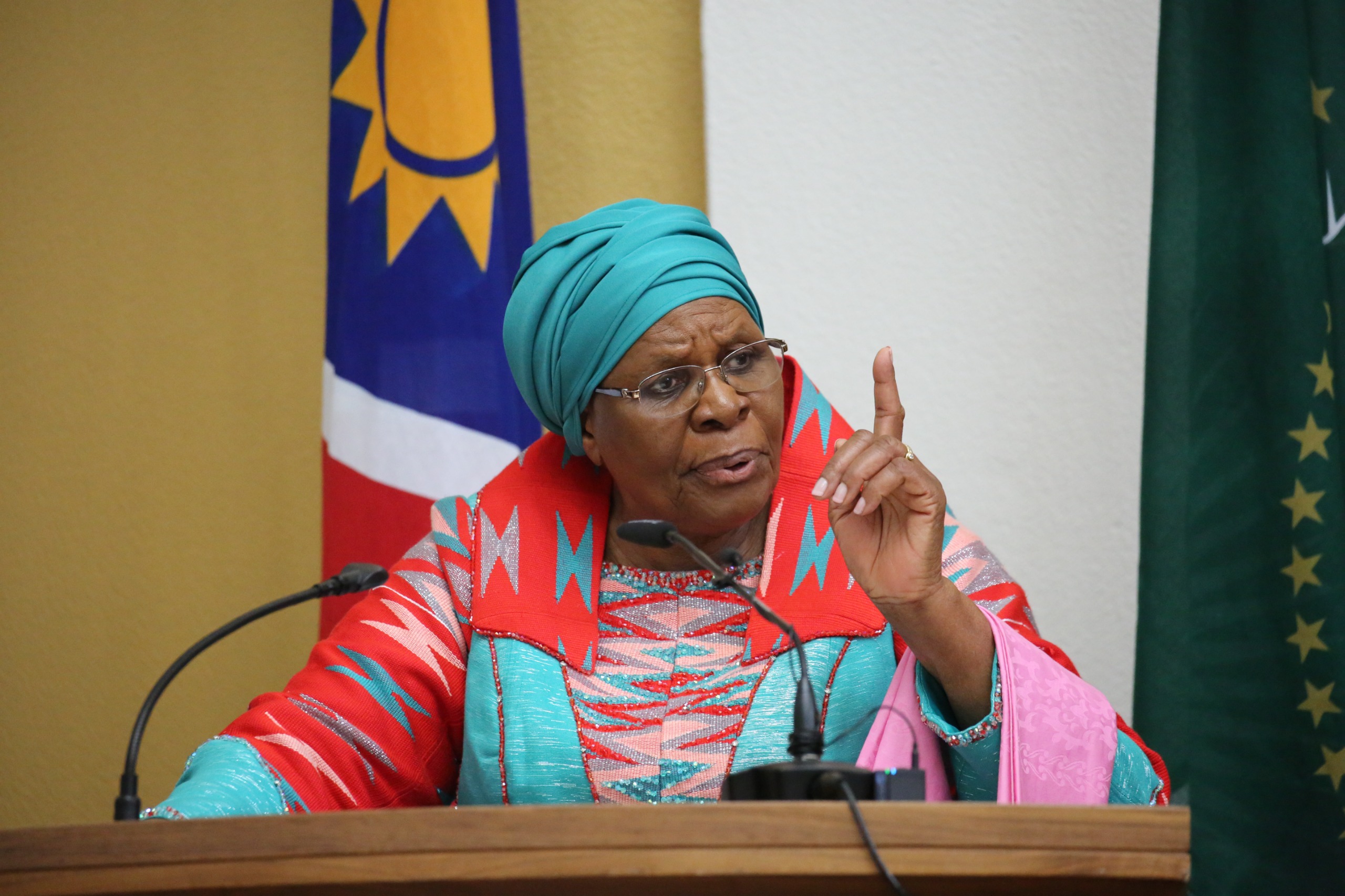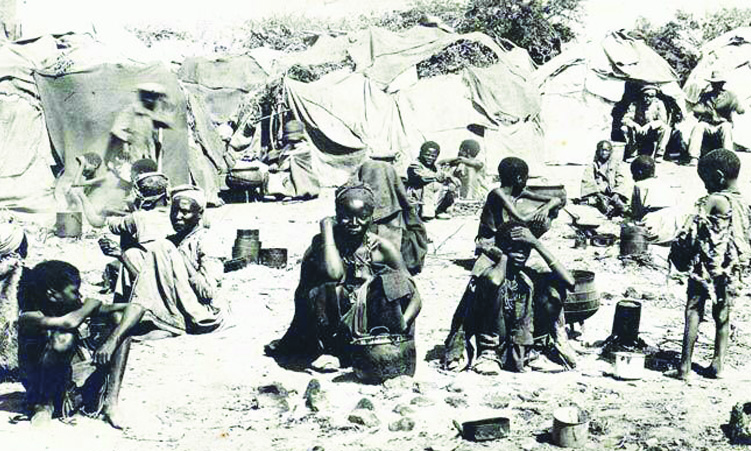Former members of the People’s Liberation Army of Namibia (Plan) from the Kunene region say founding president Sam Nujoma was relentless in pushing for Namibia’s rapid independence.
Raimo Movirongo, who joined Plan in 1976 under Nujoma’s leadership, reflects on his first encounter with Nujoma at Cassinga in 1977 during military training.
Nujoma returned to the region to rally support for the liberation movement.
“I was just a young man when I first met the former president, my commander-in-chief at that time. His encouragement motivated us.
“He urged us to stay committed to the struggle for independence. After my training, he assigned me to mobilise others to join the fight for liberation, using all means necessary,” Movirongo says.
“Nujoma devised strategic and effective plans that pushed our enemies to their limits. As the chairman of the military council, he was relentless in pushing for rapid independence for Namibia,” he says.
‘LEARNED FROM OTHERS’
Movirongo praises Nujoma’s diplomatic skills in directing and supplying his forces, noting that despite not having formal military education, he learned from others, while sharing his own experiences.
He highlights Nujoma’s patriotism and selflessness in prioritising his people’s interests, noting that he often sent others abroad for education while staying behind to organise and mobilise Plan fighters.
“He chose not to pursue further studies himself, despite being able to.
He sent many Namibians abroad to acquire education with the foresight that an independent Namibia would need educated individuals in critical positions,” he explained.
Movirongo said Nujoma’s ultimate goal was to free his people from poverty, apartheid and oppression, ensuring they had a voice and the right to choose their own leaders.
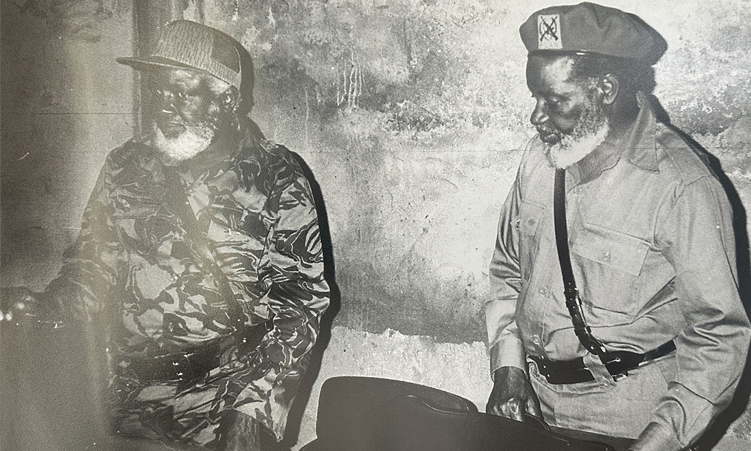
FORGIVENESS
He reflected on Nujoma’s character and noted how, despite the hardships endured under apartheid, when Nujoma assumed the presidency following democratic elections, he enacted a decree forgiving those involved in past atrocities, fostering unity between former Plan fighters, the South West Africa Territorial Force (SWATF) and Koevoet soldiers now serving in the newly formed Namibian Police and Namibian Defence Force.
“That exemplified the compassionate and forgiving nature of Nujoma,” he said.
After Namibia gained independence in 1990, Movirongo worked closely with Nujoma as an intelligence officer until his retirement in 2010, maintaining that Nujoma’s legacy and sacrifices for independence will never be forgotten.
“A true hero has fallen; his legacy will endure,” he says.
Forty years after leading Namibia through a fierce guerrilla war against South Africa’s apartheid regime to independence, Nujoma leaves behind monumental footprints and an enduring legacy, he says.
Beyond his guerrilla warfare strategies and the establishment of Plan, Nujoma became the elected leader of the Ovamboland People’s Organisation (OPO) in 1959.
He, along with chief Hosea Kutako and other leaders, petitioned the United Nations (UN) to place South West Africa under UN trusteeship.
Those who worked closely with him described him as a young, ambitious man inspired by predecessors like Samuel Maharero, Jacob Marengo and Hendrik Witbooi, who paved the way for the fight against colonial oppression.
“I remember Nujoma’s fight for independence from a young age, inspired by those who first resisted the colonial forces,” says Rex Sheehama, another former Plan fighter.
Sheehama met Nujoma during military training in Namibia in 1974, and later trained in Tanzania.
He recalls Nujoma’s frequent visits to their camps, where he would inspire the soldiers by reminding them of their cause and the importance of achieving independence for all Namibians.
Tuarungua Kavari, a former Swapo regional coordinator in Kunene, refers to his experiences under Nujoma’s command at the Tobias Hainyeko Training Centre in Lubango in 1986.
“He visited our training camp in Lubango in 1986, where he reminded us of our mission and how previous leaders had also died fighting for Namibia’s liberation. That inspired us to take up arms and fight,” he says.
Kavari recounts how Nujoma motivated them to fight relentlessly for their goals.
He says the guerrilla war led by Nujoma evolved into a full-scale war when he recognised that the South African apartheid government only responded to force.
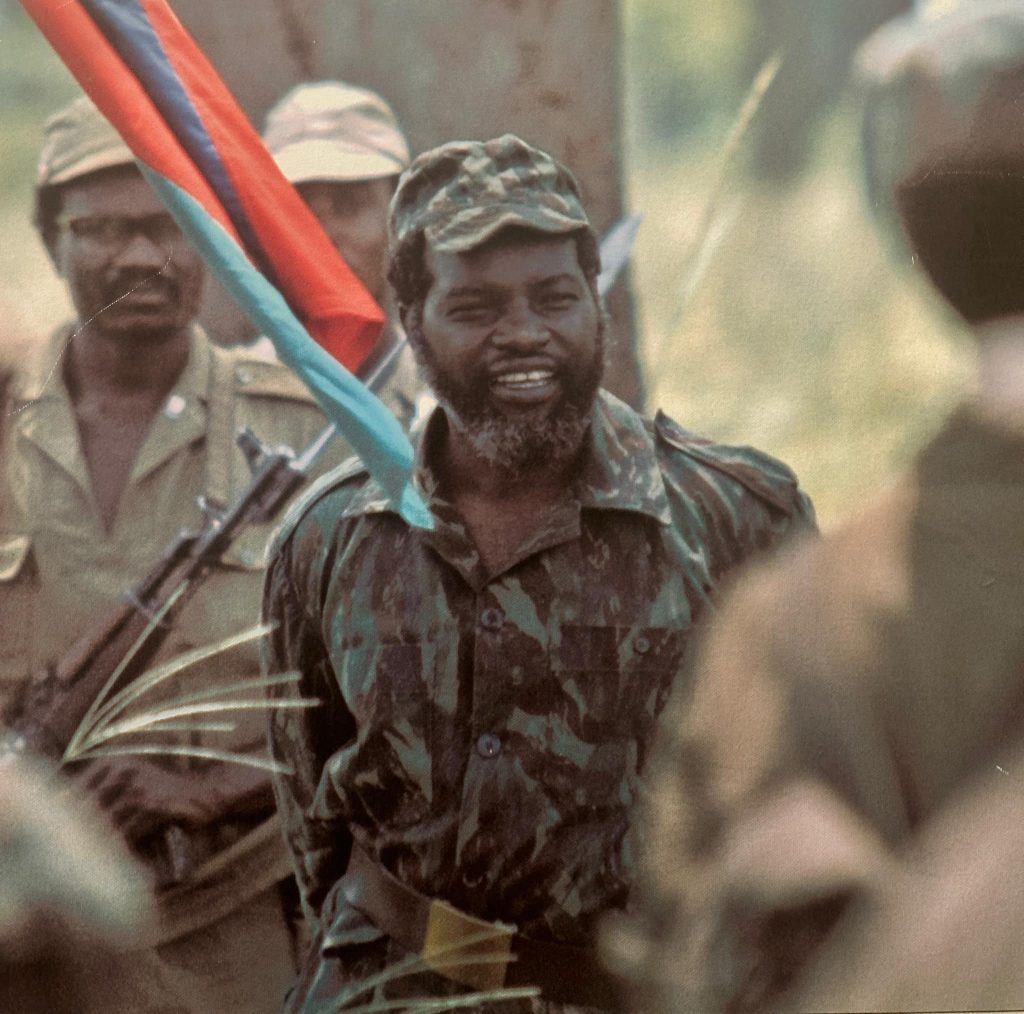
PASSING THE TORCH
Despite having a strong military leadership background, Nujoma peacefully stepped down as president in 2005 and as Swapo president in 2007 after leading the party for 47 years, passing the torch to his successor, Hifikepunye Pohamba.
Kavari says Namibia is today regarded as one of Africa’s most peaceful and democratic countries, characterised by regular peaceful, free, fair and democratic elections.
Despite the injustices faced by black Namibians under colonial rule, Nujoma upheld the country’s Constitution to protect the rights of all Namibians, regardless of their ethnicity.
“Nujoma understood that to cultivate genuine democracy and unity, it was essential for everyone to come together and forgive one another, all while collaborating to build the nation for the benefit of future generations,” Kavari says. – Nampa
Stay informed with The Namibian – your source for credible journalism. Get in-depth reporting and opinions for
only N$85 a month. Invest in journalism, invest in democracy –
Subscribe Now!




